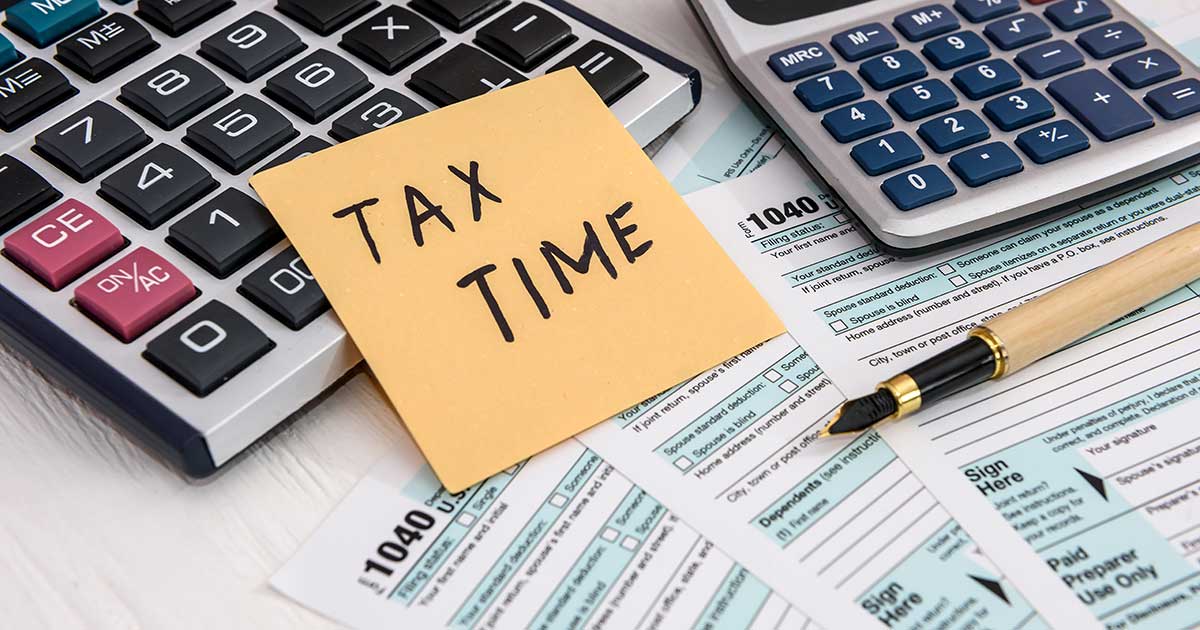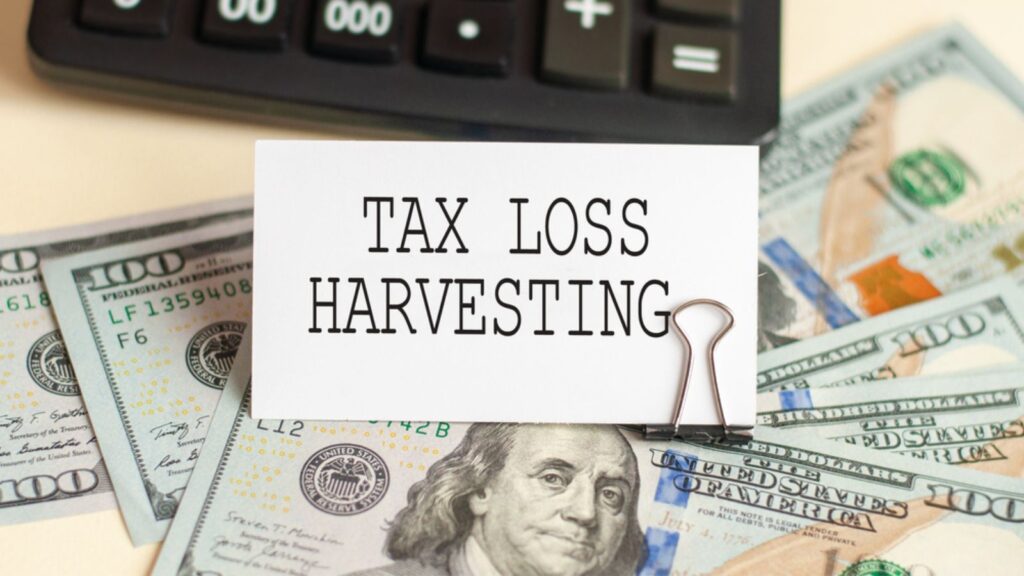
It is essential to look at the taxation issue as you build up to retirement to have a good plan to be financially secure. With intelligent ideas, you can avoid paying hefty taxes and retain a larger share of your income. The following is a breakdown of crucial strategies to help you minimize your tax burden when in retirement.
Diversify Your Retirement Accounts
Another approach that can naturally help reduce the taxes in the reception of retirement funds is the diversification of retirement portfolios. Therefore, we must always consider the flexibility that a combination of traditional and Roth accounts offers regarding withdrawals. While you are still contributing to or growing your Money in a regular retirement account like a 401(k) or an IRA, it's taxed when you get to withdraw it, but with a Roth account, you can withdraw that Money tax-free if specific requirements are met. This way, an individual can navigate their income taxed smart fully in retirement, deciding which account to take Money from, depending on their tax bracket yearly.
Take Advantage of Tax-Free Income Sources

Some income sources in retirement are tax-free, but whenever possible, one should avoid relying on these sources as your primary source of income since their use can significantly reduce taxes paid. For example, under the SST, the amount of Money received from Social Security may be fully or partially tax-exempt, depending on gross income obtained by the receiver. Further, Roth IRA withdrawals, which I discussed earlier, can be tax-free if the account has been opened for over five consecutive years and you are over fifty-nine and a half. Interest from municipalities' bonds is also accessible from federal income taxes; thus, this may be another avenue to minimize your total taxes in your retirement years.
Plan Your Required Minimum Distributions (RMDs)
Under the prevailing tax guidelines, the law compels anyone receiving the allowance after reaching a particular age, deemed 73 under the current provisions in the law, to withdraw from his traditional retirement accounts. These withdrawals are taxed for income tax, and whoever does not take the same will have to pay more as a penalty. For this reason, you must be careful when managing your required minimum distributions to minimize your taxes. You might think it beneficial to begin smaller withdrawals earlier in retirement rather than waiting for the RMDs; such withdrawals would help diversify the withdrawals' taxation over several years rather than heavy withdrawals, causing one to be in a higher tax bracket.
Utilize Tax-Loss Harvesting

While only some investors have taxable investment accounts, tax-loss harvesting was appropriate for them to manage taxes in retirement. In this strategy, you aim to dispose of that investment that has been poorly performed to offset the taxes through the good-performing investments. When controlled and implemented appropriately, tax-loss harvesting lets you control the gain and taxes on your portfolio. This might be suitable, especially under the guidance of a financial planner, to ascertain whether such a strategy fits your retirement planning strategy.
Consider Relocating to a Tax-Friendly State
One of the significant changes that can allow you to save more – or at least not spend as much – in retirement is moving to a state with no income taxes or lower than where you are now. While some states, such as Florida and Texas, do not impose state income taxes, others have set special tax exemptions for retirees. Learning as much as possible about the tax laws of countries or states of interest will go a long way in helping one decide on one's favorite retirement location. When assessing a change for tax purposes, one should not forget other vital parameters like property taxes, cost of living standards, etc.
Conclusion
Reducing your tax burden in retirement is a complicated process and should involve diversification of retirement accounts, tax-free income streams, and strategies for required minimum distributions. How do you apply these strategies? You will be able to have maximum savings or, in other words, reduce your tax liability to the barest minimum. Given the right strategy regarding your finances, you can have an improved quality retirement with the required financial security and restricted taxes.





